Tampa’s commercial real estate market is one of the most dynamic in Florida, with a steady influx of businesses and investors drawn to the city’s thriving economy and strategic location. As the market continues to grow, effective property management becomes crucial in maximizing return on investment (ROI) for property owners and ensuring long-term success. In this article, we will explore best practices tailored specifically to Tampa’s commercial real estate market, providing actionable insights for property owners, investors, and management professionals looking to optimize their strategies in this vibrant city.
Understanding Local Market Dynamics
Tampa’s Commercial Property Trends
The commercial property market in Tampa is characterized by strong demand, relatively low vacancy rates, and diverse tenant preferences. From corporate offices in Downtown Tampa to retail spaces in Westshore and Ybor City, understanding these trends is essential for effective property management. The city’s growth in key sectors such as technology, healthcare, and finance is driving demand for both office and industrial spaces. Staying informed about these trends allows property managers to make strategic decisions that align with market needs.
Economic Growth Impact
Tampa’s robust economic growth has a direct impact on property management strategies. As the city attracts more businesses and residents, the demand for commercial real estate continues to rise. This economic expansion influences everything from rental rates to tenant expectations, requiring property managers to adapt their approaches to maintain competitiveness. Effective property management in Tampa means staying ahead of these changes, ensuring that properties are well-positioned to capitalize on the city’s economic momentum.
Neighborhood-Specific Insights
Different neighborhoods in Tampa present unique opportunities and challenges for property managers. For instance, managing properties in Downtown Tampa requires a focus on corporate tenants and high-rise office buildings, while areas like Ybor City might demand a different approach, catering to retail and entertainment businesses. Understanding the specific characteristics of each neighborhood enables property managers to tailor their strategies, maximizing the potential of each property.
Tenant Relationship Management

Importance of Positive Tenant Relations
Maintaining strong relationships with tenants is a cornerstone of successful commercial property management. Happy tenants are more likely to renew leases, recommend your property to others, and adhere to lease terms. In Tampa’s competitive market, fostering positive tenant relations can set your property apart from others, ensuring consistent occupancy and stable revenue streams.
Effective Communication Strategies
Clear and consistent communication is key to maintaining good tenant relationships. Property managers should establish regular communication channels, whether through email updates, tenant portals, or face-to-face meetings. Keeping tenants informed about property maintenance, upcoming changes, or any issues helps build trust and transparency, which are essential for long-term tenant satisfaction.
Lease Negotiations and Renewals
Negotiating leases and renewals effectively can make a significant difference in tenant retention. In Tampa’s growing market, property managers should focus on offering competitive lease terms that meet tenant needs while also ensuring profitability for the property owner. Flexibility in lease terms, coupled with a clear understanding of tenant expectations, can lead to successful negotiations and long-term occupancy.
Maintenance and Facility Management
Regular Maintenance
Proactive maintenance is critical in preserving the value of commercial properties and ensuring tenant satisfaction. Regular inspections and timely repairs help prevent small issues from escalating into major problems, reducing the risk of costly downtime. In Tampa, where the climate can pose unique challenges, staying on top of maintenance is particularly important.
Handling Tampa-Specific Maintenance Challenges
Tampa’s humid climate, frequent thunderstorms, and hurricane risk require property managers to be particularly vigilant in their maintenance efforts. This includes regular checks for mold and mildew, ensuring proper drainage systems are in place, and having a hurricane preparedness plan. Addressing these challenges head-on helps protect the property and maintain its appeal to tenants.
Outsourcing vs. In-House Maintenance
Deciding whether to outsource maintenance services or handle them in-house is a key consideration for property managers. Outsourcing can offer cost savings and access to specialized expertise, while in-house teams may provide more control and faster response times. In Tampa, the decision often depends on the size of the property portfolio and the specific maintenance needs of each property.
Legal and Regulatory Compliance

Overview of Tampa’s Commercial Property Regulations
Tampa has its own set of regulations and legal requirements that commercial property managers must adhere to. These include zoning laws, building codes, and tenant rights. Staying informed about these regulations is essential to avoid legal issues and ensure smooth property operations.
Ensuring Compliance
Compliance with local laws is not just about avoiding penalties; it’s also about protecting the property’s reputation and value. Property managers should regularly review lease agreements, ensure that all building permits are up-to-date, and conduct routine compliance audits. By staying proactive, you can mitigate the risk of legal complications.
Avoiding Legal Pitfalls
Common legal issues in commercial property management include disputes over lease terms, code violations, and tenant complaints. To avoid these pitfalls, property managers should work closely with legal professionals, keep thorough records of all transactions and communications, and ensure that all lease agreements are clear and comprehensive.
Financial Management
Budgeting and Forecasting
Accurate budgeting and forecasting are essential for maintaining the financial health of a commercial property. Property managers should develop detailed budgets that account for all common area maintenance, capital improvements, and potential contingencies. Regularly reviewing financial performance against forecasts helps ensure that the property remains profitable.
Optimizing Rent Collection
Timely rent collection is crucial for maintaining cash flow. Property managers should implement efficient rent collection systems, whether through online payment portals or automated reminders. In Tampa’s competitive market, maintaining consistent cash flow is key to meeting financial obligations and funding property improvements.
Expense Management
Effective expense management involves more than just cutting costs; it’s about optimizing expenditures to enhance property value. This includes negotiating vendor contracts, implementing energy-saving initiatives, and monitoring utility usage. By carefully managing expenses, property managers can maximize profitability and ensure long-term financial stability.
Technology Integration

Role of Technology in Property Management
Technology plays an increasingly important role in modern property management. From property management software that streamlines operations to smart building technologies that enhance tenant experience, leveraging the right tools can significantly improve efficiency and effectiveness.
Property Management Software
Investing in property management software can help automate routine tasks, such as rent collection, maintenance scheduling, and tenant communication. These tools provide real-time data and insights, enabling property managers to make informed decisions and respond quickly to tenant needs.
IoT and Smart Building Technologies
The Internet of Things (IoT) and smart building technologies offer new opportunities for improving property management. In Tampa, where energy efficiency and tenant comfort are top priorities, integrating IoT devices can help monitor building systems, reduce energy consumption, and enhance the overall tenant experience.
Sustainability and Green Practices
Importance of Sustainability
Sustainability is becoming increasingly important in commercial property management. Not only does it help reduce environmental impact, but it also appeals to tenants who prioritize green initiatives. In Tampa, where environmental awareness is growing, sustainable practices can set your property apart from the competition.
Implementing Green Initiatives
Implementing green initiatives, such as energy-efficient lighting, water-saving fixtures, and recycling programs, can significantly reduce operating costs and improve tenant satisfaction. Property managers should consider these initiatives as part of their overall strategy for enhancing property value and appeal.
Tampa’s Green Building Standards
Tampa has specific standards for green buildings, including certifications like LEED (Leadership in Energy and Environmental Design). Understanding and complying with these standards can not only enhance the property’s marketability but also qualify it for certain incentives and tax benefits.
Frequently Asked Questions
Question: What are the most important aspects of commercial property management in Tampa?
Answer: Effective property management in Tampa involves understanding local market dynamics, maintaining strong tenant relationships, and staying compliant with legal and regulatory requirements.
Question: How does Tampa’s climate impact property management?
Answer: Tampa’s climate presents unique challenges, such as humidity, storms, and hurricanes, which require proactive maintenance and facility management to protect properties.
Question: What are the legal requirements for managing commercial properties in Tampa?
Answer: Property managers in Tampa must comply with local zoning laws, building codes, and tenant rights regulations to avoid legal issues and ensure smooth property operations.
Effective commercial property management in Tampa requires a deep understanding of the local market, a commitment to tenant satisfaction, and the use of modern tools and strategies. By implementing the best practices outlined in this article, property managers can maximize the value and profitability of their properties, ensuring long-term success in one of Florida’s most dynamic real estate markets.
For expert property management services tailored to Tampa’s unique market, contact Florida ROI today. Our team of experienced professionals is ready to help you optimize your commercial properties and achieve your investment goals.



